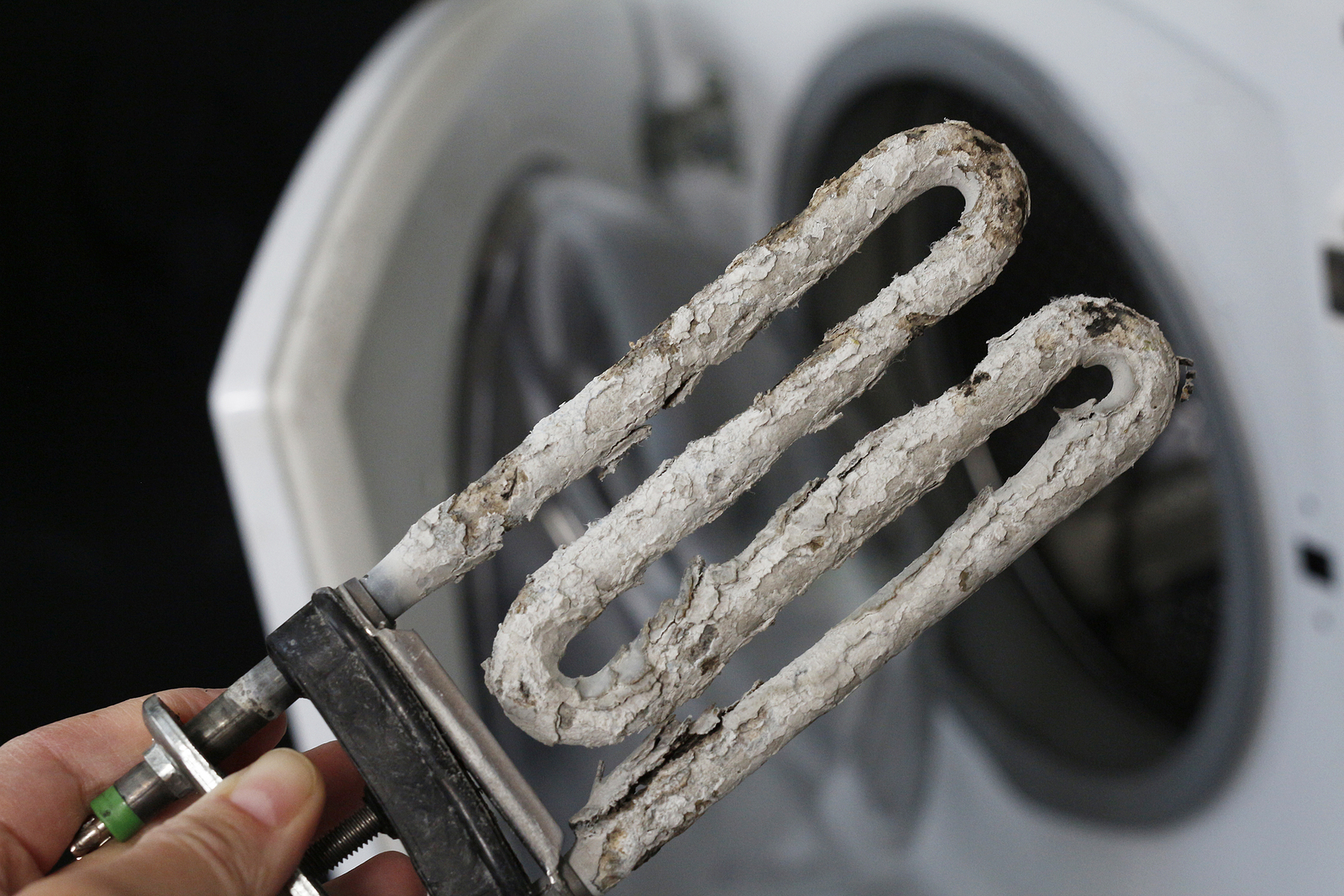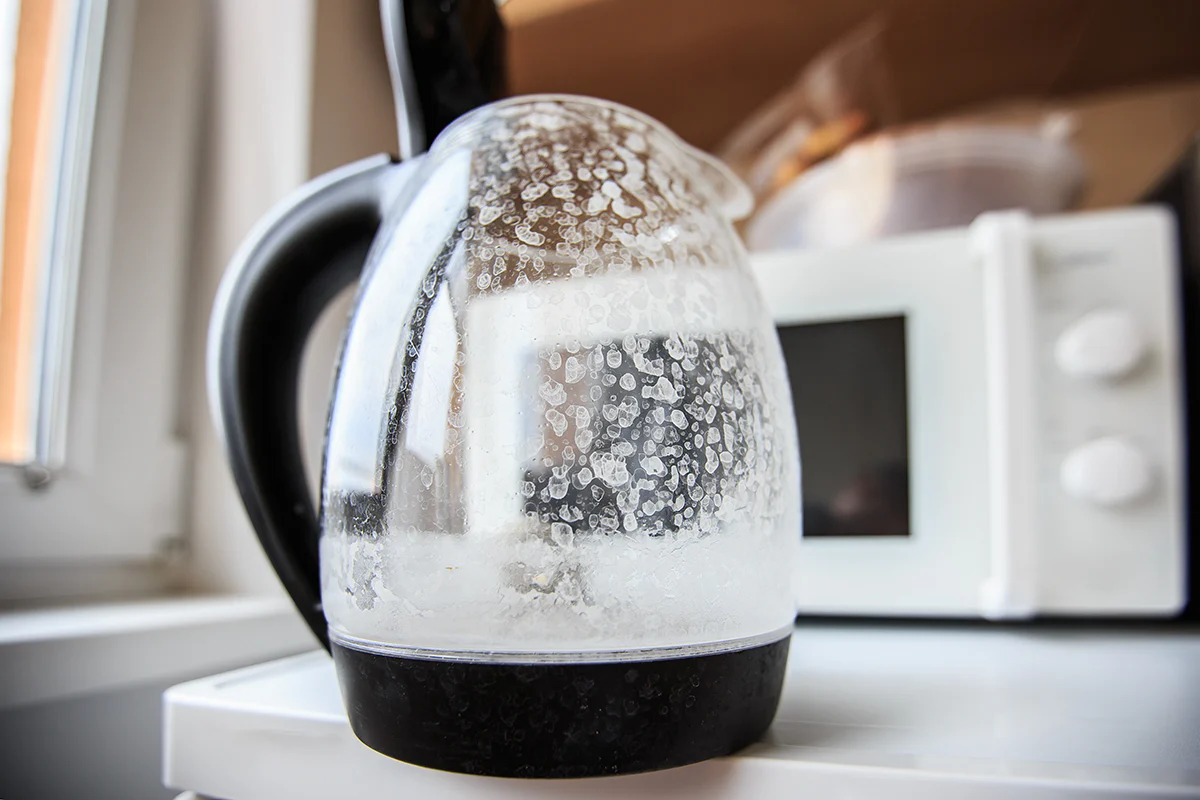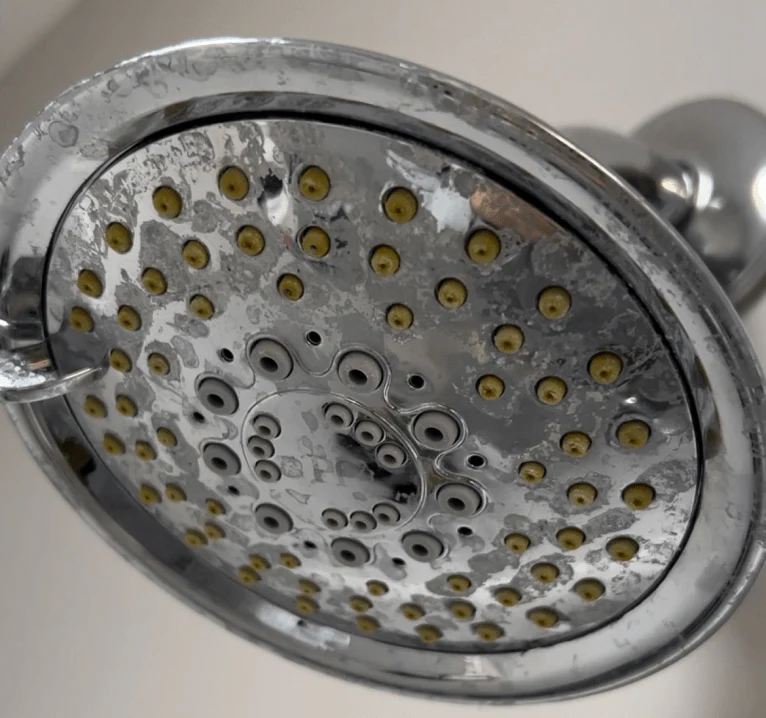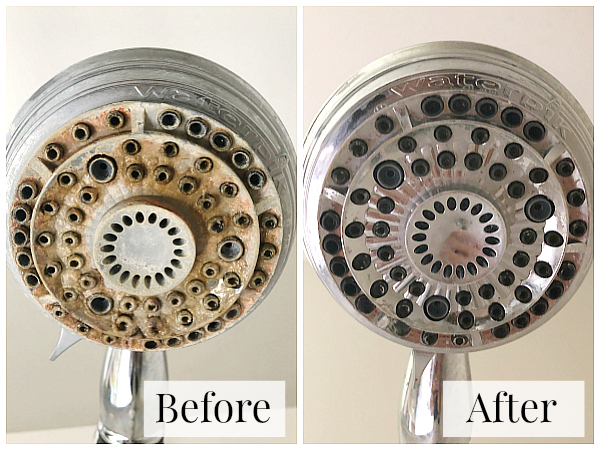The Impact of Hard Water on Your Plumbing System
Many homeowners in regions like Iowa face the common challenge of hard water. While hard water may seem harmless at first glance—after all, it’s just water with minerals—it can have long-term consequences on your plumbing system and household appliances. Understanding what hard water is, its effects, and how to address it can save you time, money, and stress.
What is Hard Water?
Hard water is water that contains high concentrations of calcium and magnesium ions. These minerals dissolve naturally into water as it passes through rock formations like limestone and chalk. The level of hardness depends on the region and the mineral content in the local water supply.
In Iowa, much of the water is considered hard due to the prevalence of underground limestone deposits. While hard water isn’t harmful for drinking, its effects on plumbing and appliances are worth addressing.
How Hard Water Impacts Your Plumbing System
Scale Buildup in Pipes and Fixtures

The minerals in hard water don’t stay dissolved indefinitely. As water flows through pipes and fixtures, calcium and magnesium precipitate out, forming a chalky substance called limescale.
In Pipes: Limescale narrows the diameter of pipes, restricting water flow and reducing pressure. Over time, this buildup can lead to clogs and even pipe corrosion.
In Fixtures: Faucets, showerheads, and valves often develop visible white or greenish deposits, which can cause them to malfunction or reduce their efficiency.
Increased Wear on Water Heaters
Water heaters are particularly vulnerable to hard water because the high temperatures inside the tank accelerate mineral precipitation.
Sediment Accumulation: Minerals settle at the bottom of the water heater tank, forming a thick layer of sediment. This reduces the heater’s efficiency, as it takes more energy to heat water through the sediment layer.
Heating Element Damage: In tankless water heaters, the heating elements can become encrusted with scale, causing them to overheat and fail prematurely.
Shortened Lifespan of Appliances
Hard water affects more than just your plumbing—it also impacts water-using appliances like dishwashers, washing machines, and coffee makers.

Reduced Efficiency: Scale buildup clogs the internal components of appliances, forcing them to work harder.
Frequent Repairs: Mineral deposits can damage moving parts, seals, and connections, leading to breakdowns.
Increased Costs: Appliances may need more frequent repairs or replacements, adding to your household expenses.
Difficulty with Cleaning and Soap Usage
Hard water interferes with the performance of soaps and detergents. Calcium and magnesium react with soap, forming a sticky residue known as soap scum.

On Surfaces: Soap scum can accumulate on sinks, tubs, and tiles, requiring frequent scrubbing to remove.
On Dishes and Clothes: Dishes may appear cloudy and spotted, and clothes may feel rough or look dull after washing.
On Skin and Hair: Hard water leaves a residue on skin and hair, causing dryness and irritation.
Signs Your Home Has Hard Water
Wondering if hard water is an issue in your home? Look out for these telltale signs:
- Decreased water pressure in your faucets and shower.
- White or green crusty deposits on fixtures.
- Cloudy glassware and dishes even after washing.
- Dry skin and hair after bathing.
- Frequent issues with water-using appliances.

How to Combat the Effects of Hard Water
Install a Water Softener
A water softener is the most effective way to address hard water. These systems use a process called ion exchange to replace calcium and magnesium ions with sodium or potassium ions, preventing scale buildup.
Benefits: A water softener protects your pipes, fixtures, and appliances while improving soap effectiveness.
Types: Salt-based softeners are the most common, but salt-free alternatives are also available for those concerned about sodium levels.
Use a Water Conditioner
Water conditioners are an alternative to softeners that don’t remove minerals but instead alter their structure, preventing them from adhering to surfaces. These systems are easier to maintain and ideal for areas with moderate hardness levels.
Flush Your Water Heater Regularly
If your home has hard water, flushing your water heater every 6–12 months can remove sediment buildup and improve efficiency.
Clean Fixtures with Vinegar

For existing scale deposits, soak faucets and showerheads in a vinegar solution to dissolve limescale and restore functionality.

Invest in Specialized Products
Products like descaling agents, hard water detergents, and rinse aids can help mitigate the effects of hard water on appliances and cleaning routines.
Why Addressing Hard Water Matters
Ignoring hard water issues may seem harmless in the short term, but over time, the consequences can pile up. From costly plumbing repairs to inefficient appliances, the impact of hard water can strain both your wallet and your patience.
By taking proactive steps—like installing a water softener or performing regular maintenance—you can protect your plumbing system, extend the lifespan of your appliances, and enjoy cleaner, more efficient water usage.
Final Thoughts
Hard water is a major concern for homeowners in Marion, Tiffin and North Liberty. If you are one of the many residents actively seeking solutions to protect your plumbing and improve the water quality in your home, investing in preventative measures like water softeners and regular maintenance can help minimize its impact and keep your home’s system running efficiently. Addressing hard water proactively ensures long-term comfort and helps safeguard your home against potential issues.


